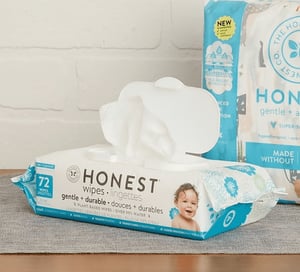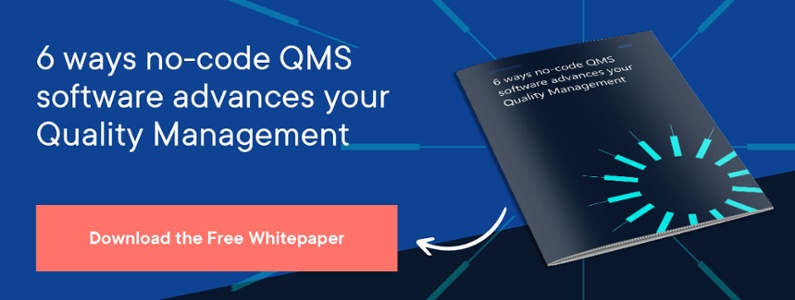For many people, Quality Management is something far-off and remote. At least, that’s what they think. We might as well have called this post ‘A day in the life of an average consumer’ as most consumers deal with the effects of quality control on a daily basis.
To illustrate that, I’ll show you how I as a consumer on a daily basis use products whose quality is managed by AlisQI. Now, as I’m Dutch, you may not know some of the products mentioned here. However, we’re pretty sure you can relate to my ‘day in the life of…’.

A day in the life...
At breakfast, I prepare a sandwich. The bread is baked with flour from Koopmans Meel, the butter comes from Royal VIV Buisman. I add some cheese from FrieslandCampina or cheese spread from ERU. Or I choose some chocolate that was made with cocoa from DutchCocoa or a tuna salad from Royal Smilde Foods. After that, I brew a coffee and prepare some tea for my wife. Coffee pads and teabags use the ethylene amines from Delamine. After giving a bottle to our newborn baby, I change her diaper and clean her with sanitary wipes, both made by Berry Global. Finally, I’ll wash my hands with soap from Diversey.
When I step into my car, my baby and I are protected by seatbelts and airbags from Autoliv. The seatbelts are protected by coatings from Tanatex Chemicals. The paint on my car is produced by SherwinWilliams, which use resins from Allnex as their basis. I fill up my car with B7 diesel based on biodiesel from Biopetrol Industries/Glencore. When my tires are worn, they get recycled by BlackBearCarbon.
At my office, the office furniture has been glued with glues from ChemCom, and the carpet tiles were made by Interface. My laptop, desktop, and smartphone use chips that were likely made using modules from Lamers High Tech Systems.
On my way back home in the evening, I pass by the DIY store, where I’m astounded by the huge assortment of glues and caulk from Bison International.
In the evening when doing my groceries, I decide to buy some chicken filet. The chickens were probably fed with premixes from Twilmij, and their manure was converted into green electricity by BMC Moerdijk. At the vegetable department, I realize that many farmers protect their crops with biological pest controls from Koppert Biological Systems. When I look for some sunscreen I grab a tube that contains zinc oxides from EverZinc and glycerine from the Dutch Glycerine Refinery.
After dinner, when doing the dishes I use the tablets, bottles, and powders from Kompak Home & Personal Care. And when I finally can relax on my couch in the evening, I pour myself a whiskey from Herman Jansen Beverages, or a drink from Sonnema Beerenburg (a Dutch herb liquor, it’s an acquired taste…).
The takeaway
Quality management for most consumers will remain far-off and remote. And luckily so, I should add. We can all live our lives safely without having to worry that our seatbelt will fail us, or that cheese or chicken will make us ill. We can safely rely on the quality management processes of the many manufacturers that produce the products we use on a daily basis.
Now, this is exactly the point of good quality management: it’s there without you having to worry about it. This is not only true for consumers, but also for the manufacturers themselves. Good quality management is integrated into production processes and mostly automated. Good quality management warns manufacturers of errors and deviations before things go haywire, so they can rely on their production just as their consumers rely on their products.
Read more about how we helped some of the customers mentioned in this article in our case studies. And discover that you too are probably using a product whose quality is managed by AlisQI.



